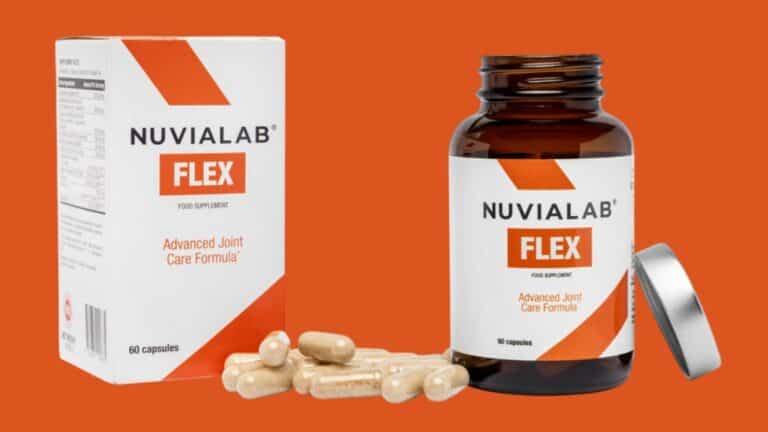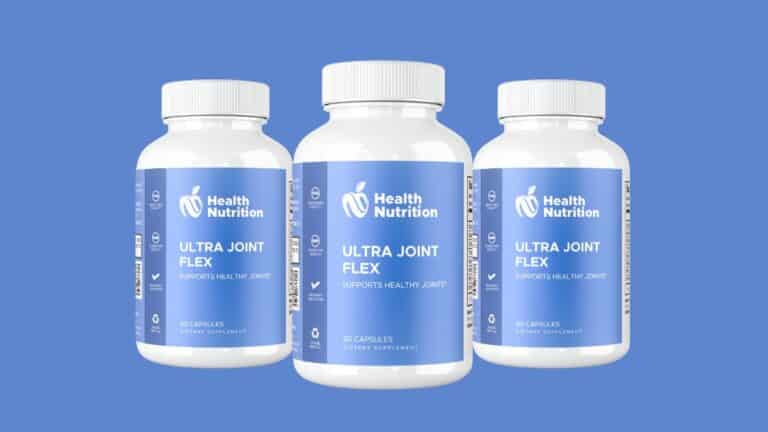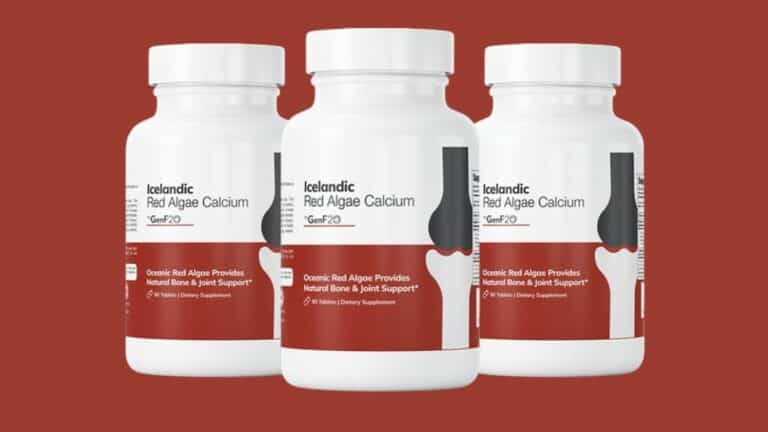Forskolin has gained attention in recent years as a potential weight loss supplement. Originating from traditional Ayurvedic medicine, this compound is derived from the Coleus forskohlii plant. While forskolin is often marketed for its purported fat-burning properties, its actual efficacy and safety are subjects of ongoing research. This blog post delves into the various aspects of forskolin, including its benefits, uses, potential side effects, and current scientific insights.
What is Forskolin?
Forskolin is a chemical compound extracted from the roots of the Coleus forskohlii plant, a member of the mint family. This plant has a long history of use in traditional medicine systems, particularly Ayurveda, where it has been employed to treat conditions such as heart problems, respiratory disorders, and digestive issues.
In modern times, forskolin has become popular as a dietary supplement aimed at weight loss and body composition improvement. It is believed to work by activating the enzyme adenylate cyclase, which increases levels of cyclic adenosine monophosphate (cAMP) in cells. This increase in cAMP can, in turn, enhance metabolic processes and fat breakdown.

Does Forskolin Work for Weight Loss?
Forskolin has become a buzzword in the realm of weight loss supplements, often touted for its potential to help shed pounds and improve body composition. However, the question remains: does forskolin truly work for weight loss? To answer this, we need to delve into the scientific research and understand how forskolin functions within the body.
Mechanism of Action
Forskolin is derived from the root of the Coleus forskohlii plant, traditionally used in Ayurvedic medicine. The active component, forskolin, is believed to work by stimulating the enzyme adenylate cyclase. This enzyme increases the levels of cyclic adenosine monophosphate (cAMP) in cells. Elevated cAMP levels can enhance metabolic processes and promote the breakdown of stored fat, theoretically aiding weight loss.
Scientific Studies on Forskolin and Weight Loss
The evidence supporting forskolin’s efficacy in weight loss comes from a mix of human and animal studies, with varying results.
- Human Studies:
- University of Kansas Study (2005): This study involved 30 overweight or obese men who were given either a placebo or 250 mg of a 10% forskolin extract twice daily for 12 weeks. The results showed a significant decrease in body fat percentage and fat mass among the forskolin group. Additionally, there was an increase in testosterone levels. However, actual weight loss was not significant compared to the placebo group.
- Baylor University Study (2005): Involving 23 mildly overweight women, this study provided the same dosage as the Kansas study. After 12 weeks, no significant changes in body composition or metabolic markers were observed. This suggests that forskolin may not be effective for weight loss in women.
- Animal Studies:
- Rat Study (2014): Conducted on 50 female rats, this study found that forskolin, along with another compound called rolipram, stimulated lipolysis (fat breakdown) and inhibited weight gain. This supports the hypothesis that forskolin may help prevent weight gain even on a high-fat diet.
- Obese Mice Study (2021): This recent study showed that forskolin supplementation improved glucose metabolism and reduced body fat in obese mice. While promising, these results need to be replicated in human studies for conclusive evidence.
Interpretation of Results
The human studies provide a mixed picture of forskolin’s effectiveness for weight loss. While there is evidence that forskolin can reduce body fat percentage and prevent weight gain, it does not seem to significantly decrease overall body weight. The differences in outcomes between studies on men and women also suggest that forskolin’s effects may vary based on gender or other individual factors.
Animal studies indicate a potential for forskolin to aid in weight management and improve metabolic health. However, translating these findings to humans requires more rigorous research.
Expert Opinions
Health experts generally caution against relying solely on supplements like forskolin for weight loss. While some studies show potential benefits, the overall evidence is not strong enough to recommend forskolin as a primary weight loss aid. Experts emphasize that a calorie deficit—consuming fewer calories than you expend—is essential for weight loss. Forskolin may offer supplementary benefits, but it should be used in conjunction with a healthy diet and regular exercise.
Other Considerations
- Side Effects and Risks: Forskolin can cause side effects such as headaches, low blood pressure, diarrhea, and increased heart rate. It may also interact with medications for high blood pressure and blood thinners. Therefore, it is crucial to consult with a healthcare provider before starting forskolin, especially if you have underlying health conditions or are taking other medications.
- Quality and Dosage: The effectiveness of forskolin supplements can vary based on the quality and dosage. Many supplements provide between 100 and 400 mg of forskolin per day, but some studies have used up to 500 mg daily. Always follow manufacturer guidelines and seek professional advice to determine the appropriate dosage for your needs.
Forskolin shows promise in the realm of weight management, particularly in reducing body fat percentage and preventing weight gain. However, the evidence is mixed, and its effectiveness for actual weight loss in humans remains inconclusive. Forskolin should not be viewed as a miracle weight loss solution but rather as a potential supplement that may offer some benefits when combined with a healthy lifestyle.
For those considering forskolin, it is essential to approach it with realistic expectations and to prioritize proven methods of weight loss, such as maintaining a balanced diet and engaging in regular physical activity. Always consult with a healthcare professional to ensure that forskolin is safe and appropriate for your individual health circumstances.

Other Health Benefits of Forskolin
Beyond its potential for weight management, forskolin has been studied for various other health benefits:
- Heart Health: Forskolin has been traditionally used to treat heart conditions. Some studies suggest that it can help reduce high blood pressure, a significant risk factor for heart disease. For instance, a study conducted in India found that Coleus forskohlii extract effectively lowered blood pressure in over 75% of the participants.
- Asthma: Forskolin may help manage asthma by dilating the airways in the lungs. Research comparing forskolin to beclomethasone, a common steroid inhaler, found no significant difference between the two, suggesting that forskolin could be a natural alternative for asthma sufferers.
- Glaucoma: Forskolin is believed to reduce intraocular pressure, which is crucial for managing glaucoma, a condition that can lead to blindness. Studies have shown that both topical and oral administration of forskolin can significantly lower eye pressure.
- Cancer: Preliminary research indicates that forskolin may have anti-tumor properties. A study from the University of Madrid found that forskolin activated an enzyme that halted the growth of rectal cancer tumors and induced cell death in multiple myeloma cancer cells. However, these findings are still in the early stages, and more research is needed.
- Blood Sugar Levels: A 2014 study on rats suggested that forskolin could help lower fasting blood glucose levels, indicating potential benefits for diabetic and prediabetic individuals. Nonetheless, more human studies are required to confirm these effects.
Potential Side Effects and Risks
While forskolin is generally considered safe for most people, it can cause some side effects and interact with certain medications. Common side effects include headaches, low blood pressure, diarrhea, and increased heart rate. Forskolin may also interact with blood thinners and medications for high blood pressure, leading to potentially dangerous complications.
Certain groups should avoid forskolin, including pregnant and breastfeeding women, individuals with polycystic kidney disease, and those undergoing surgery. Always consult with a healthcare professional before starting any new supplement, especially if you have underlying health conditions or are taking other medications.
Forskolin Dosage and Usage
Forskolin supplements are available in various forms, including powders, capsules, and topical products. Dosages in supplements typically range from 100 to 400 mg per day, though some studies have used up to 500 mg daily. It is crucial to follow the manufacturer’s guidelines or consult a healthcare provider to determine the appropriate dosage for your specific needs.
Inhaled or intravenous forms of forskolin are usually prescribed for asthma or glaucoma and should only be used under medical supervision.
Conclusion
Forskolin offers a range of potential health benefits, from weight management and heart health to asthma and cancer treatment. However, while animal studies and some human research suggest promising effects, more extensive clinical trials are necessary to confirm its efficacy and safety for weight loss and other health conditions.
If you are considering forskolin as a supplement, consult with a healthcare professional to ensure it is safe and appropriate for your situation. Remember that maintaining a balanced diet and regular exercise regimen is essential for achieving and sustaining healthy weight loss and overall well-being.
By understanding the potential benefits and risks associated with forskolin, you can make informed decisions about whether this supplement fits into your health and wellness routine.
Frequently Asked Questions About Forskolin
What is forskolin?
Forskolin is a natural compound extracted from the root of the Coleus forskohlii plant, traditionally used in Ayurvedic medicine for various health conditions, including heart problems, respiratory disorders, and digestive issues.
How does forskolin work for weight loss?
Forskolin is believed to aid weight loss by increasing levels of cyclic adenosine monophosphate (cAMP) in cells, which can enhance metabolic processes and promote the breakdown of stored fat.
Is forskolin effective for weight loss?
The evidence is mixed. Some studies suggest forskolin may help reduce body fat percentage and prevent weight gain, but it does not appear to significantly decrease overall body weight in humans.
Are there any side effects of taking forskolin?
Yes, forskolin can cause side effects such as headaches, low blood pressure, diarrhea, and increased heart rate. It may also interact with medications for high blood pressure and blood thinners.
Who should avoid taking forskolin?
Forskolin is not recommended for pregnant or breastfeeding women, individuals with polycystic kidney disease, and those taking medications for high blood pressure or blood thinners. Always consult a healthcare professional before starting any new supplement.
What is the recommended dosage of forskolin?
Dosages typically range from 100 to 400 mg of forskolin per day, but some studies have used up to 500 mg daily. Follow manufacturer guidelines or consult with a healthcare provider for personalized dosage recommendations.
Can forskolin be used for conditions other than weight loss?
Yes, forskolin has been studied for its potential benefits in treating high blood pressure, asthma, glaucoma, and certain cancers, among other health conditions.
How long does it take to see results with forskolin?
The time frame for seeing results can vary. Some studies suggest that significant changes in body composition or health markers may take up to 12 weeks of consistent use.
Is forskolin safe for long-term use?
While forskolin is generally considered safe for most healthy adults, its long-term safety has not been extensively studied. It is important to use forskolin under the supervision of a healthcare provider.
Can I take forskolin with other supplements?
Forskolin may interact with other supplements and medications. It is best to consult with a healthcare professional before combining forskolin with other products to avoid potential interactions and side effects.
References
- National Center for Biotechnology Information. (n.d.). PMC: Free full-text archive of biomedical and life sciences journal literature at the U.S. National Institutes of Health’s National Library of Medicine. National Center for Biotechnology Information. https://www.ncbi.nlm.nih.gov/pmc/articles/PMC2129145/
- Medical News Today. (2017, November 28). Capsaicin: Health benefits, safety information, and more. Medical News Today. https://www.medicalnewstoday.com/articles/319370
- PubMed. (2005, August 23). Chromium picolinate: A review of its uses in various clinical conditions. PubMed. https://pubmed.ncbi.nlm.nih.gov/16129715/
- PubMed. (2014, April 9). Forskolin: A promising new weight management ingredient. PubMed. https://pubmed.ncbi.nlm.nih.gov/24520882/







